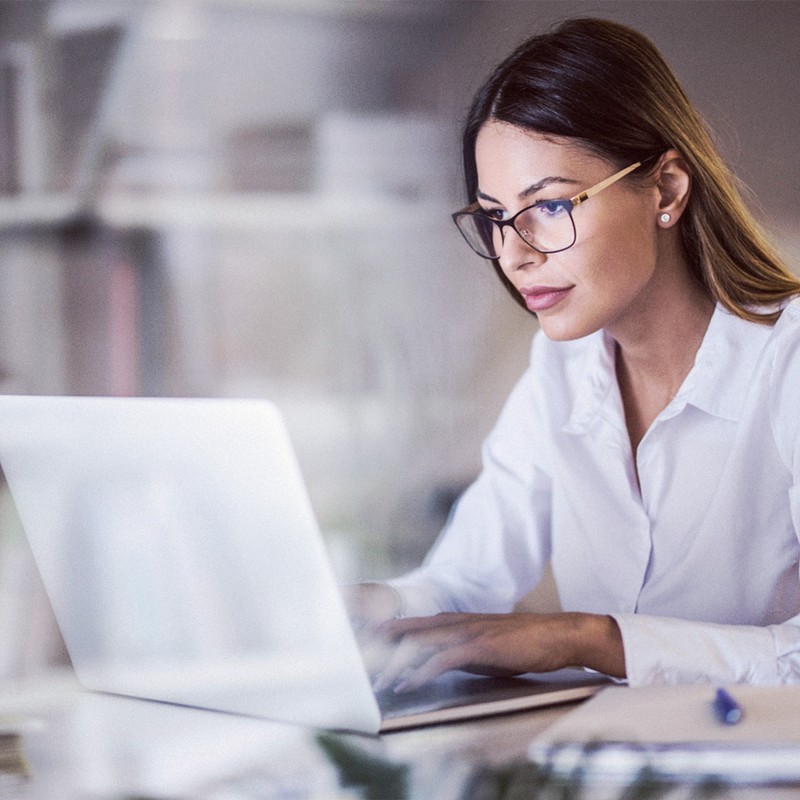
Blue Light: What It Is & How To Protect Yourself
First, what is blue light, and what are some common sources of it?
Blue light is a part of the electromagnetic spectrum, which consists of electromagnetic radiation from the sun, which means it can be harmful to various cells in the human body. It is also one of the only parts of the spectrum that’s visible to the human eye. The largest source of natural blue light is sunlight (that’s what makes the sky look blue), but it’s also emitted from digital screens, such as smartphones and computers, in addition to fluorescent and LED lights and televisions. The backlit displays of smartphones, tablets and laptop computers all produce the maximum amount of artificial blue light.
Can it damage your eyes?
Because it has the shortest wavelength and highest energy among all the colours in the visible spectrum, research is currently being done to determine whether blue light may be damaging to the eyes in high doses. “One reason for believing blue light can damage your eyes is because the cornea and lens in your eye, which are effective in blocking UV radiation from reaching the retina, can’t prevent visible blue light from passing through – almost all of it reaches the retina,” explains the team from Vision Express. “Children are also thought to be more vulnerable, as they have more transparent crystalline lenses and are, therefore, more sensitive to blue light compared to adults.”
Is there a link between blue light and macular degeneration?
Similarly to the research on blue light’s effect on general eye health, the link between blue light and macular degeneration (an eye disease caused by the general wearing down of the small central portion of your retina, called the macula) isn’t clear. However, some studies suggest exposure to blue light from screens can contribute to not only macular degeneration, but also cataracts and other serious eye diseases.
Does it age your skin prematurely?
“Recent research indicates blue light can actually harm both our eyes and our skin. Because it can stimulate photo-ageing, this – over time – can lead to skin discoloration, inflammation and a weakened skin surface,” explains the team at Paula’s Choice. Also, be wary if you go for a facial and they recommend using blue light. This should only be done under controlled conditions with a qualified practitioner who fully understands your skin type and concerns.
And can blue light affect the quality of your sleep?
Circadian rhythms are finely tuned, 24-hour cycles that help our bodies know when to carry out essential functions, with light (i.e. the dawn and the sunset) being the most important factor in aligning them. With the advent of artificial light and electronics, people are being exposed to increasing amounts of light before bedtime, with blue light believed to have the biggest impact on our natural rest cycle. “Blue light suppresses the body’s release of melatonin, a hormone that makes us feel drowsy,” explains The Sleep Foundation. “While this may be helpful during the day, it becomes unhelpful at night when we’re trying to sleep. Being exposed to blue light in the evening can trick our brain into thinking it’s still daytime, disrupting circadian rhythms and leaving us feeling alert instead of tired.” It’s not an issue to be taken lightly – chronic misalignment of circadian rhythms can also lead to several health problems, including metabolic disorders and mental health conditions such as depression.
Are there any quick tips for limiting your exposure to blue light?
“When possible, try to take regular breaks from looking at a screen and follow the 20-20-20 rule (for every 20 minutes you look at a device, take a 20-second break looking at something 20 feet away),” advises the Vision Express team. “This can help to give your eyes a rest from close-up vision and allow them to focus on different distances.” You can also adjust your computer or screen settings to ensure the brightness and contrast are balanced. “If you find yourself focusing on small fonts or looking in detail at your screen, try making things larger by working at 125%-150% zoom. This will reduce the amount of work your eyes need to do.”
You might also think about fitting your phone with a blue light screen protector; while some smartphones will have a setting (often called night mode) that turns off blue light and gives off a more yellow hue instead. Using this setting all the time is much gentler on your eyes and skin.
Want some more tips on limiting your exposure? Dr Tim Ross from Bupa shares his top five…
Understand the difference between day & night
“Exposure to blue light during the day is actually a good thing. This natural short-wave light keeps us awake, energised and can boost our mood. But blue light radiating from our digital devices at night can wreak havoc on our sleep. Digital devices, energy saving lights (LED) and fluorescent lights all emit blue light, which suppresses the natural hormone that makes you sleep, melatonin.”
Dim the lights
“While it’s better for the environment, LED lights can produce quite a lot of blue light, as do fluorescent lights. If you use a dimmer, that can help reduce the level of blue light you are exposed to in the evening. It’s also worth switching off any lights you don’t really need on. Using only the essential lights will limit your exposure to blue light and just think of the money you’ll save when the electricity bill arrives.”
Factor in device downtime
“I’m a big promoter of not having digital devices in the bedroom, especially for those with teenagers who constantly check their phones because of a fear of missing out. It’s far more natural to sleep without laptops and tablets at our bedsides. While many people use their mobile as an alarm clock, why not slip it onto night mode or do not disturb to prevent the temptation to check social media or reply to a work email? There are people who wake up in the middle of the night and check their phone, which in terms of blue light exposure is akin to waking up in the morning with the sun streaming through the window. The blue light hits the back of our eyes and tells our body to wake up as if it’s morning.”
Wear blue light glasses
“If parting with your beloved device is out of the question, you could try wearing glasses with an added blue light filter. This significantly reduces the amount of blue light your eyes absorb at night, hence your melatonin levels will rise naturally to help give you a good night’s sleep. By wearing glasses, you can filter blue light from multiple sources including LED lights, laptops, phones and television. While you wouldn’t normally wear glasses with a blue light filter during the day, researchers have seen improvements in the sleep patterns of shift workers who have worn these glasses after finishing work. It’s believed the blue light filter helped encourage a rise in their melatonin levels, so they could sleep easier once they arrived home. If you don’t wear glasses, you can buy a non-prescription pair with a blue light filter, or if you do wear glasses you can add a filter to the lens of your prescription pair.”
Download an app
“There are several apps you can use [try the Blue Light Card] which use a red overlay to effectively dull the negative effects of blue light in the evening. The apps will make your screen appear darker and with a red tinge, but they might also help to reduce the level of eye strain. Most of these apps automatically detect whether its day or night so there is no need to change it to night mode. Getting a good night’s sleep is incredibly valuable. Sleep deprivation can impact all areas of our lives from our health and wellbeing, our performance at work and even our safety. It’s important to think about the best way to manage your use of devices to ensure you’re giving your body the best chance of having a healthy night’s sleep.”
Shop our edit of blue light protection products below…
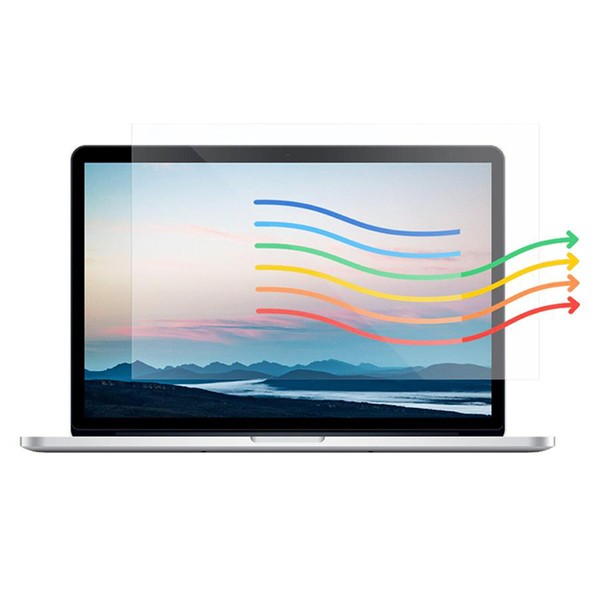
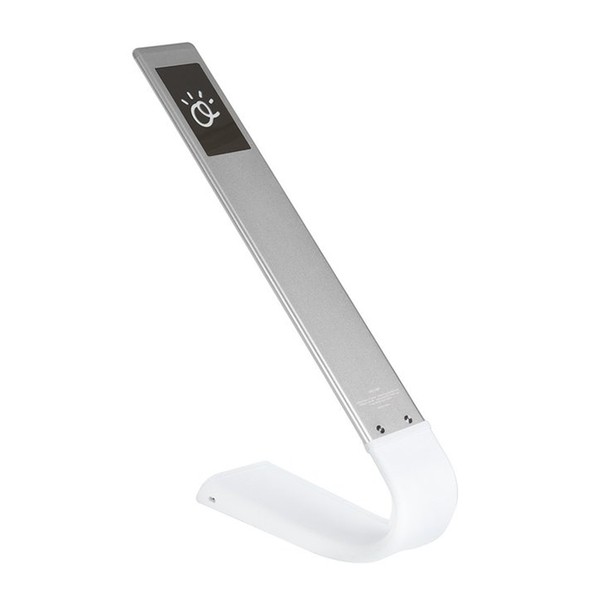
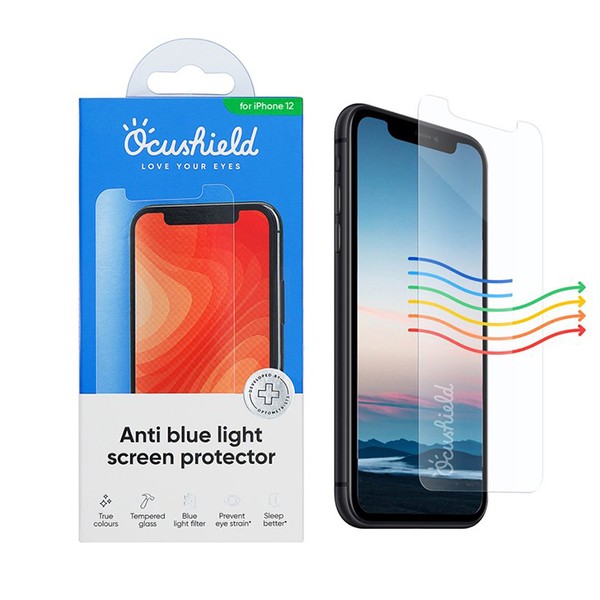
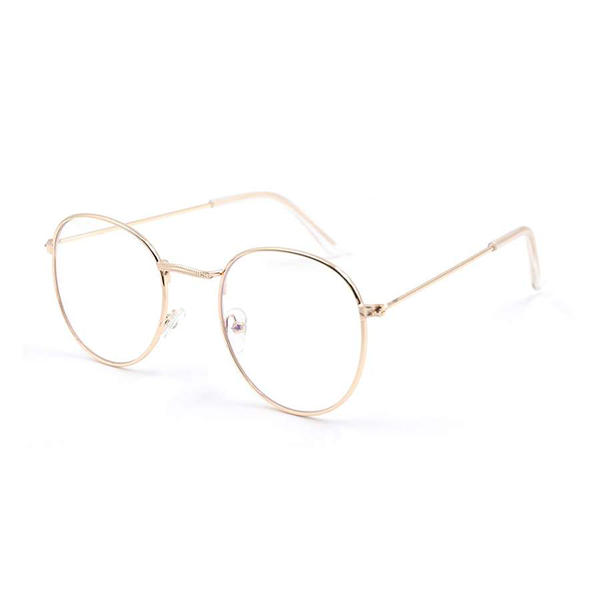
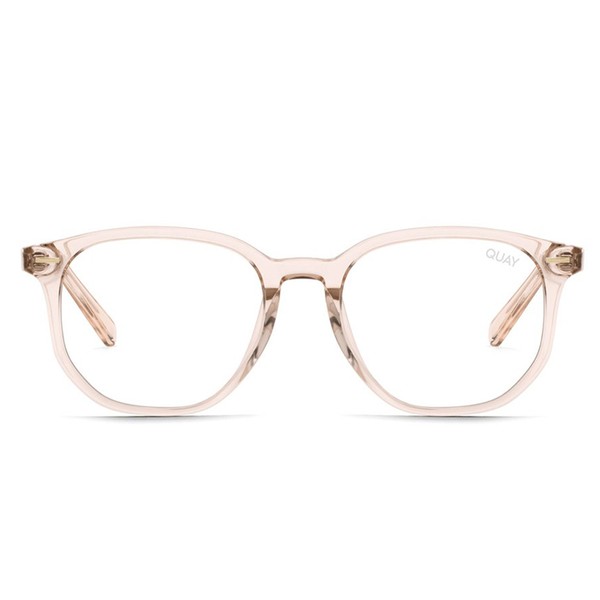
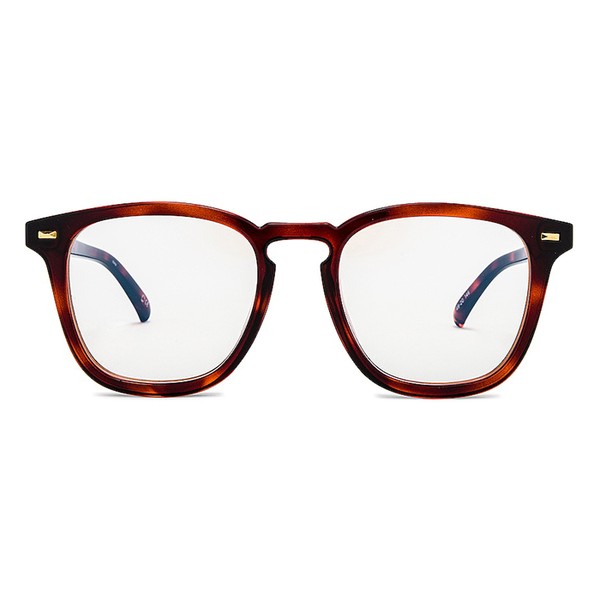
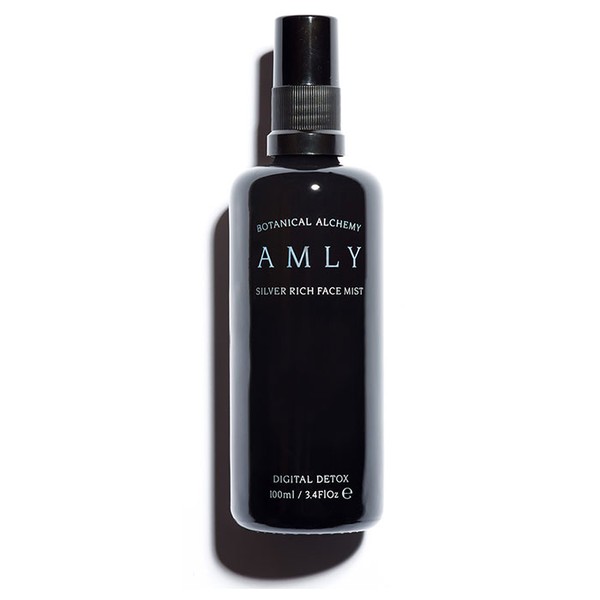
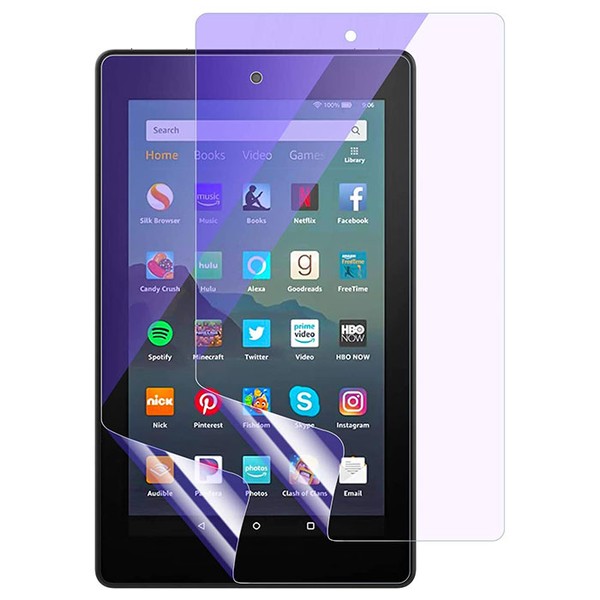
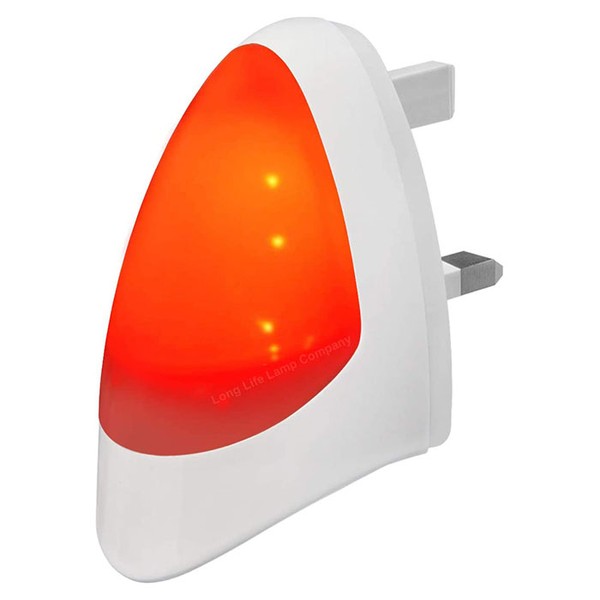
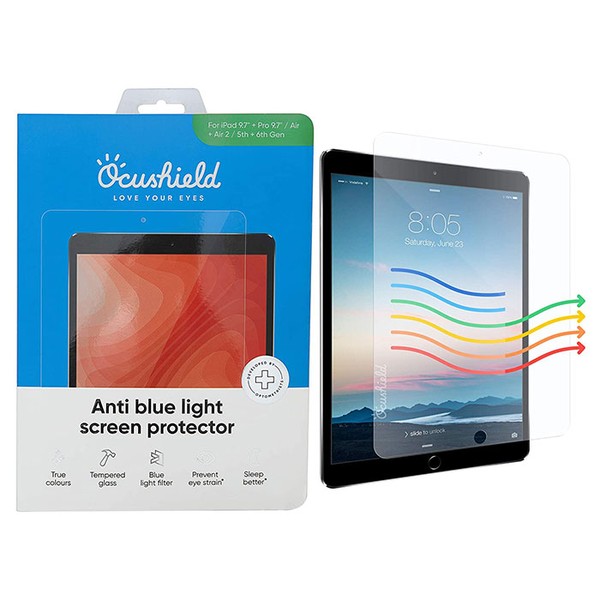
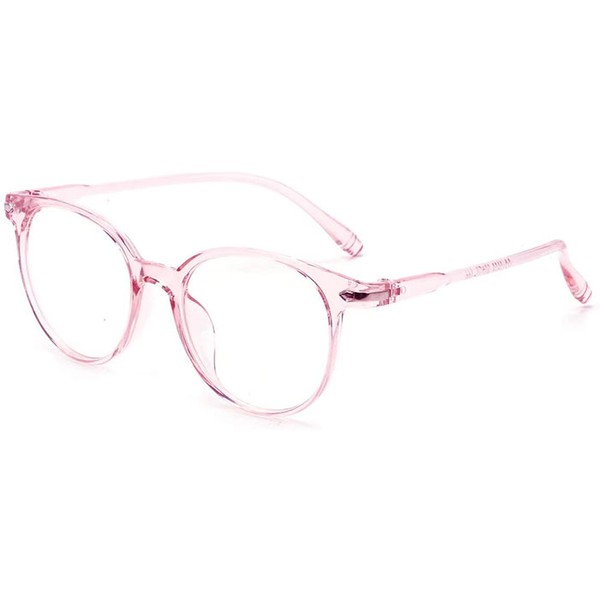
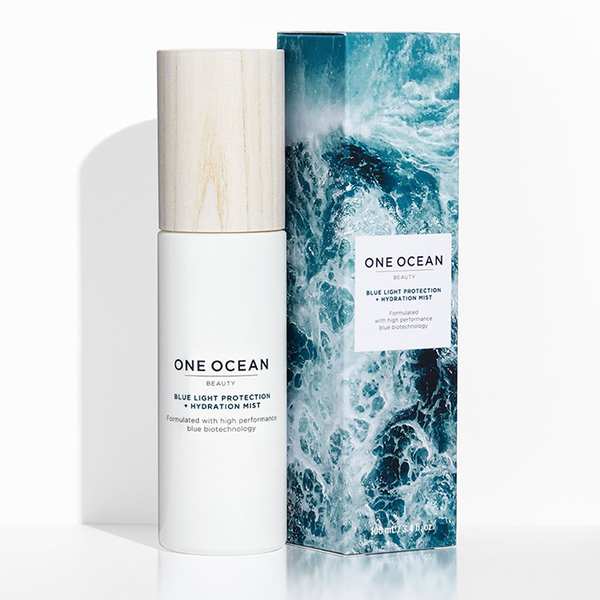
DISCLAIMER: We endeavour to always credit the correct original source of every image we use. If you think a credit may be incorrect, please contact us at info@sheerluxe.com.

